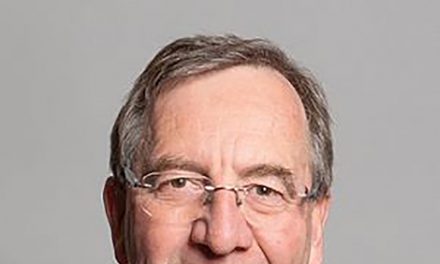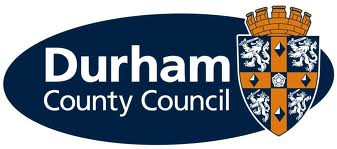Councillors at the North East’s largest council will hear of the authority’s latest budget and medium term financial planning forecasts as it gears up to set its budget and council tax for 2022/23 next month.
Durham County Council’s Cabinet is to be updated on the authority’s Medium Term Financial Plan (MTFP) for the next four years after details of the Local Government settlement figures were revealed in December.
The Comprehensive Spending Review (CSR), published in October, announced that about £1.5 billion per year is expected to be allocated to core local government funding from 2022/23 onwards. The funding is to be used to cover the increase in employers’ national insurance rates as part of the health and social care levy which is expected to cost the council around £2 million each year from 2022.
The amount of funding it will receive next year is higher than was previously forecast by the council. However, it is far from certain whether a significant proportion of it will be retained the year after, and County Durham is set to remain below the national average in terms of Core Spending Power per dwelling, with significant uncertainties regarding the impact of the Government’s planned Fair Funding Review (FFR) from 2023/24 leading to further uncertainty going forward.
A proportion of the new core funding has been provided via an increase in the Social Care grant – equating to 42.4 per cent of the additional funding made available. The council will receive £8.1 million of the £636 million provided nationally, increasing the Social Care Grant it will receive to £31 million in 2022/23.
The majority of the remaining £1.5 billion of funding is to be provided as a new Services Grant. The national sum is £822 million of which the council will receive £8.8 million.
The report outlines, however, that the Services Grant will be a one-off grant and there is no guarantee of this sum being received in 2023/24 or beyond.
The Cabinet report will also set out updated forecasts relating to additional inflationary and other unavoidable budget pressures, as well as a range of proposed investments in members priorities. The forecasts are based on a three per cent increase in council tax in each of the next three years and a two per cent increase in year four.
This increase in council tax would be below the Government’s expectations and below the five per cent referendum maximum before requiring a referendum. A three per cent council tax increase would enable the council to set a balanced budget with no use of reserves based on the current forecasts.
The increase is estimated to be at the lower end of council tax rises in comparison with other local authorities in the North East. Final decisions on council tax will be taken at a full council meeting on Wednesday 23 February.
The Local Government Finance Settlement confirmed that there was no additional coronavirus support funding for local government next year and the report highlights concerns in a number of areas, which will be monitored closely in the coming months. Council income is areas such as leisure, theatres, car parking and parks is very much linked to the outcome of the pandemic and impacts upon the 2022/23 budget will need to be considered further.
A number of recommendations have also been made for inclusion in next year’s budget, with an investment of £4.4 million in Looked After Children placements and £12 million included for Adult Social Care fee increases. Investment of £100,000 is recommended towards bin replacement along with £600,000 for the continuation of the ‘Free After 2’ parking initiative which would require £600,000 of investment. Street Scene improvements costing £130,000 are among a range of other areas for investment, which also include allotments, local nature reserves and public rights of way.
Cllr Richard Bell, Deputy Leader of Durham County Council and Cabinet member for finance, said: “We welcome the news of the latest Local Government settlement figure, which will enable some new investment in services, a rise in council tax well below other councils and below the Government’s expectations, and leave us in a balanced position for 2022/23
“However it is disappointing that the settlement was again only for one year. This, coupled with ongoing budget pressures, and the upcoming Fair Funding Review continues to make financial planning difficult, and depending how things turn out, there are significant challenges to come in 2023/24 which will require difficult choices to be made.
“We will have to be flexible in our approach in planning for the next four financial years in order to support residents in County Durham in the best way we can.”
Cabinet will meet at 9.30am on Wednesday 19 January. The meeting is available to view on the council’s YouTube channel at www.youtube.com/user/DurhamCouncil











